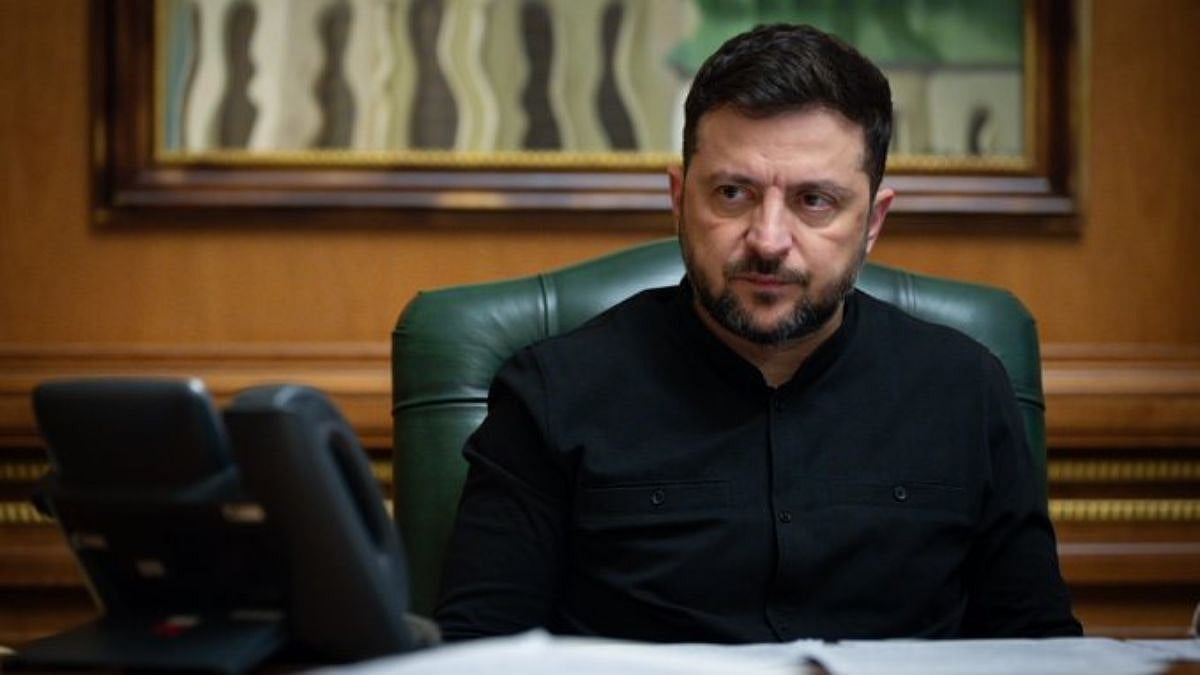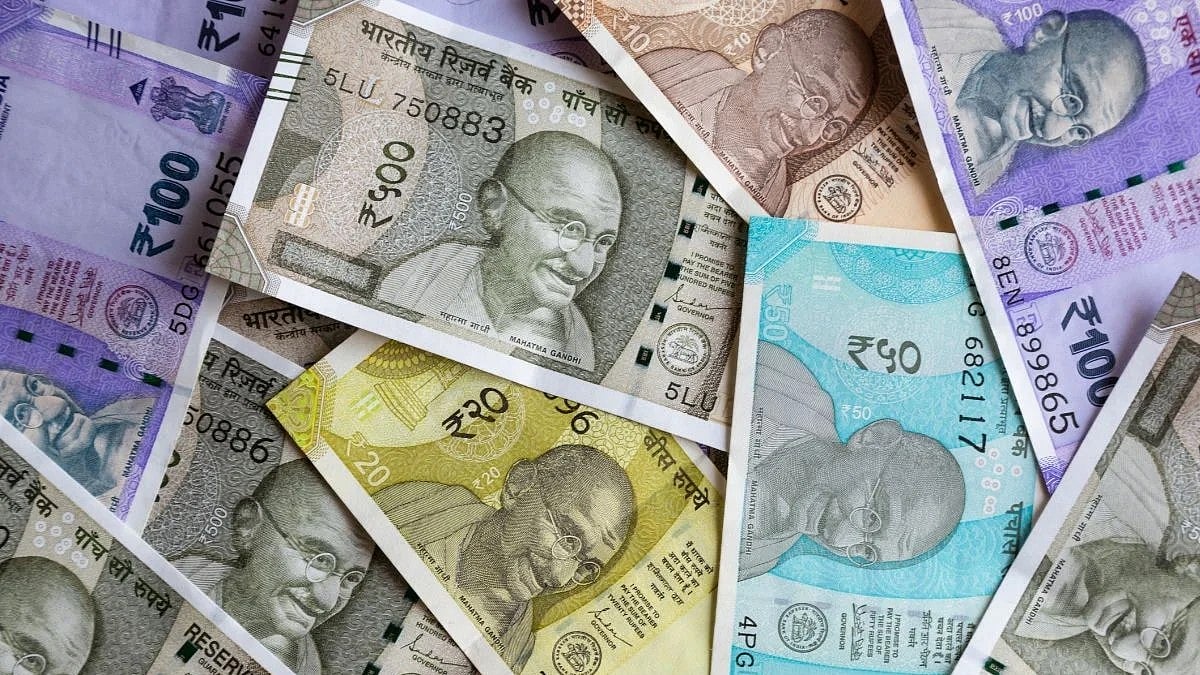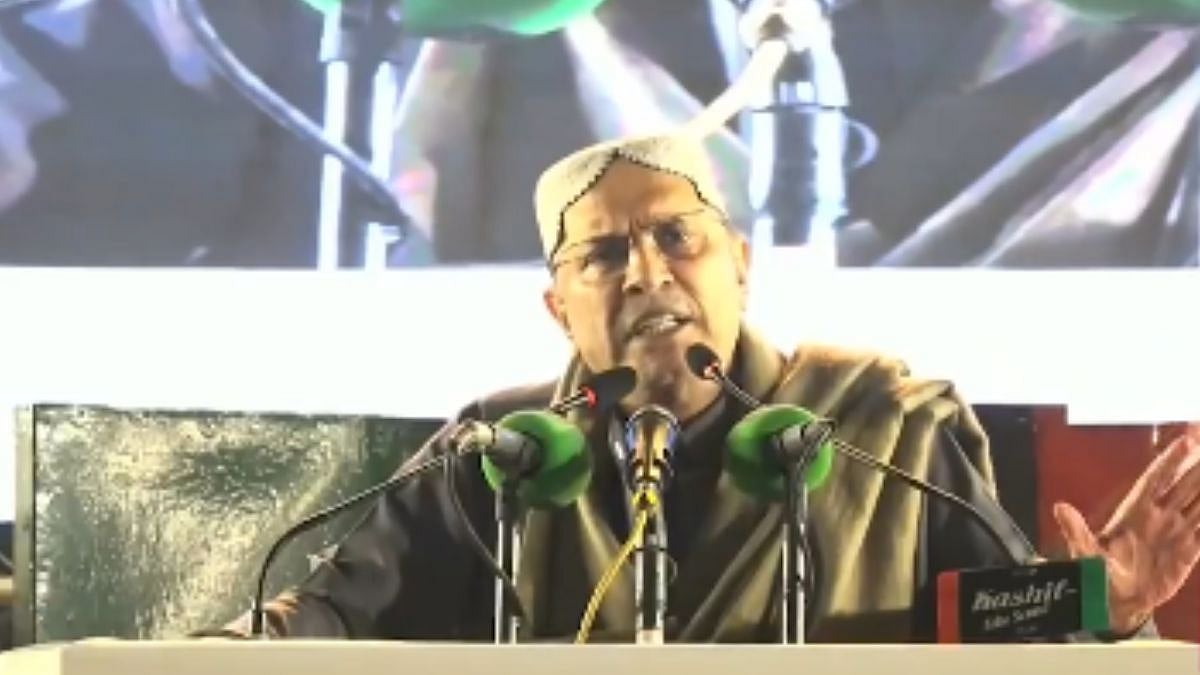President Xi Jinping will not attend the G20 summit but his absence will surely cast a shadow on the proceedings. The US seemed to sense the ominous portents and has warned that China should not play the spoiler. Embedded in this is the message that Beijing, which is known for its sluggish response at most global events and is often the last one to sign on documents, should not seek any pretext to delay the validation of the G20 outcome. (As against this, Indian Government officials said that more than 80 per cent of the agreements have been obtained from the members about documents to be presented at the Summit.)
Beijing has been hinting that it will block the final documents of G20 if it does not incorporate Chinese views. The US suspects that China is up to some game. Since the Chinese delegation is headed by a junior leader, as per party hierarchy, the authorization for signature may be a complicated matter. But the absence of Jinping and Putin -- according to some US officials travelling with President Biden -- may by an opportunity to finalise documents pertaining to some of the less contentious issues.
This will offer the US and its allies an opportunity to dominate the G20 agenda and its proceedings. Since the US is planning to bring some reforms in multilateral financial bodies to counter the Chinese BRI and other predatory lending systems, Beijing might raise its objections as a counter tactic to block the G20 outcome.
President Biden, who will be accompanied by Treasury Secretary Janet Yellen, could attempt to push for reforms in World Bank and IMF and introduce time-bound climate reforms and energy market governance to corner Russia which has defied sanctions. Today, China is one of the major lending countries in Africa; if Beijing creates hurdles about the debt restructuring for the developing countries then the Summit may not achieve anything big.
Similarly, from Chinese standpoint, the US is trying to corner Beijing on major contentious issues such as President Jinping’s pet project BRI, which is being dubbed as a debt trap for developing nations. At G20, the rules for multilateral financing may create a friction with China. China is also pushing for its currency Yuan to dominate global trade. The US might set its own agenda at the event to delay any leverage for China in the ongoing currency war.
It might temporarily benefit the West but this will lead to greater fractures in the global economy and create schisms in forging a common agreement among top economies of the world. President Biden, who now intends to spend a few more hours more in India, as against his original plan, could attempt to persuade the latter to play a greater role in the Indo-Pacific region and augment trade as well as commerce with the US. India has refused to toe the Western line on Russia and has not yet condemned its action in Ukraine in view of its traditional relations. But it is a different story as far as China is concerned. In the last three years, Beijing has raised a lot of prickly border issues with India.
President Biden’s presence at G20 and the absence of Chinese and Russian leaders might send a different signal to Beijing, which is becoming increasingly assertive militarily and trade wise. India has decided to skip contentious issues such as the Ukraine War but its role in bringing Global South into a spotlight at the G20 is going to be a success. Thus, India’s leadership among the developing world is being viewed favourably by the West and the US, as it will neutralize the advantage China has stolen in recent years.
With the absence of Russia and China, some of these both direct and indirect advantages will be fully exploited by President Biden at the G20 who is keen to bring India on America’s side.
(The Author works with CASS-India)









